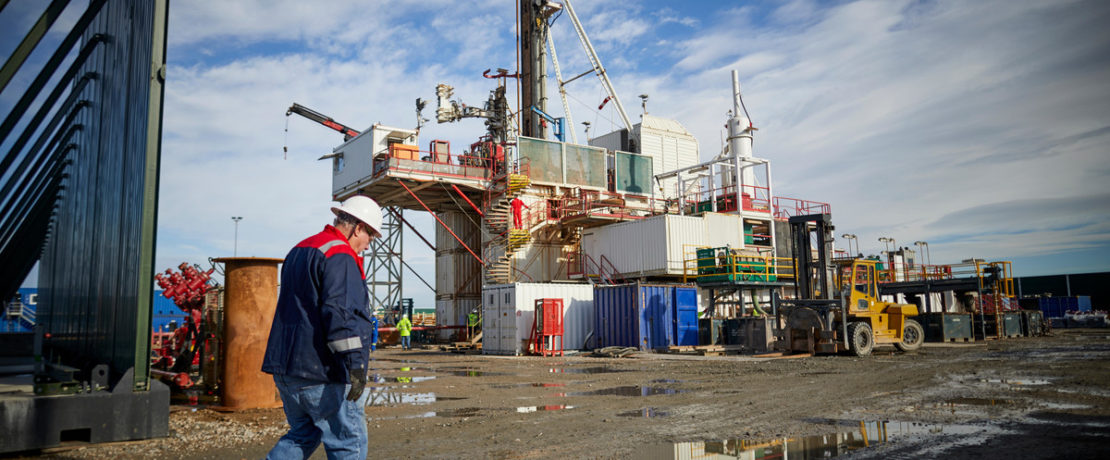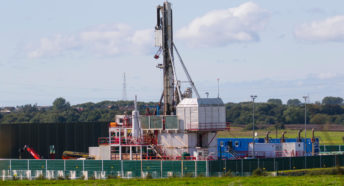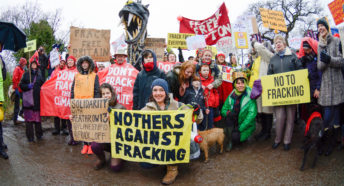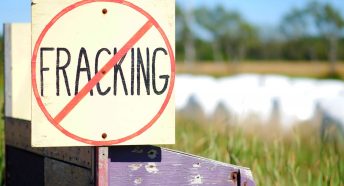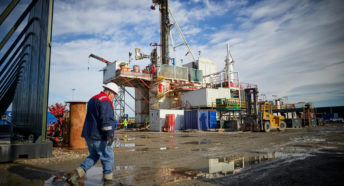Leaked email exposes gov’t attempts to bypass public scrutiny on fracking
A leaked email from the private office of Jacob Rees-Mogg has revealed that they are exploring ways to roll out fracking and other fossil fuel projects without public scrutiny.
The leaked emails, seen first by the Guardian, indicate that Rees-Mogg wants to “maximise the approach to deregulation” and is pushing for parliamentary debate to act as a proxy for public consent. Rees-Mogg is quoted as saying the focus should be on speed, not scrutiny.
Commenting on this flagrant attempt to force fracking on local communities, Sarah McMonagle, acting director of campaigns and policy at CPRE, the countryside charity, said:
‘This attempt to bypass public scrutiny is beyond belief. It wouldn’t be a bonfire of regulations; it would be a sanction for unchecked destruction of our countryside. There have been many worrying signs of this government’s disregard for the environment but this represents a new level of contempt.
‘To be crystal clear, these proposals will be fought tooth and nail. They are utterly unacceptable and would be a clear betrayal of almost every aspect of local democracy.’
The importance of local consent
Communities want and should be granted a say on what happens in their area, and the planning system has been the long-serving arbiter of this process. We know that if communities are given a meaningful say on whether or not fracking takes place, it’s highly unlikely – given the previous track record – that it would go ahead.
However, energy secretary Jacob Rees-Mogg has different ideas. He had initially suggested that compensation was consent. Now has shown that he wants to bypass public consent for fracking altogether.
A recent opinion poll found that only 34% of people support fracking, compared to 74% support for onshore wind and 81% support for solar energy. This number is even less in local communities where fracking would take place – an opinion poll in 2017 revealed that two-thirds off residents in Lancashire opposed fracking in their area. Fracking is extremely unpopular with local communities – and the government knows this.
Further, we know that the government is looking into fast-tracking fracking applications through the planning process by designating fracking in the Nationally Significant Infrastructure Projects (NSIP) regime. If these designations are rolled out, it only makes it more clear that – despite the science, economics and level of opposition – this is a government that is intent on fracking – whether local people like it or not.
Our fracking campaign
CPRE is campaigning to ensure that rural communities and local people get a say on fracking in their area. In light of this leak, our campaign has stepped up a gear. We are working with local CPRE groups and communities up and down the country, and we will put everything into making sure that rural communities are empowered and consulted – not ignored.
